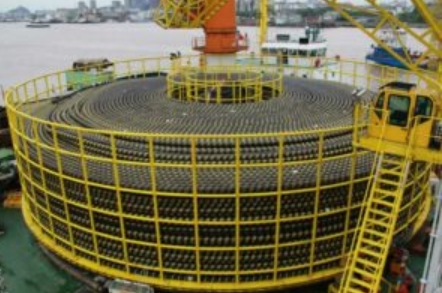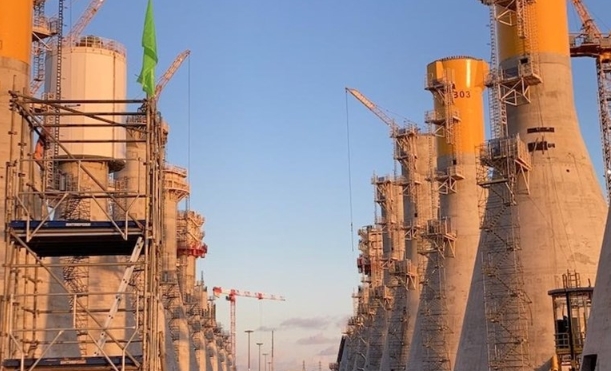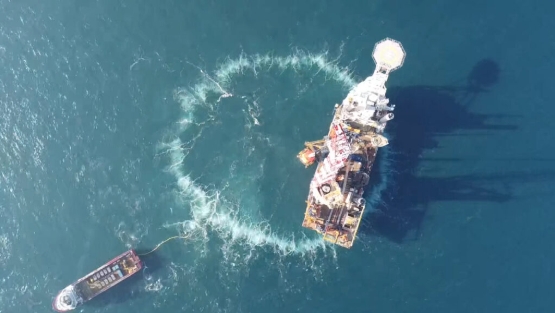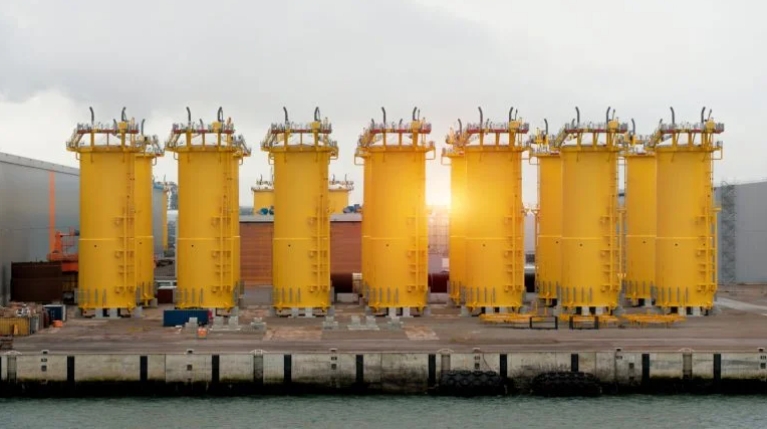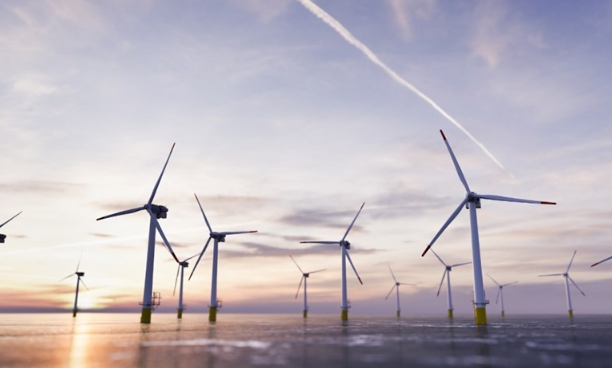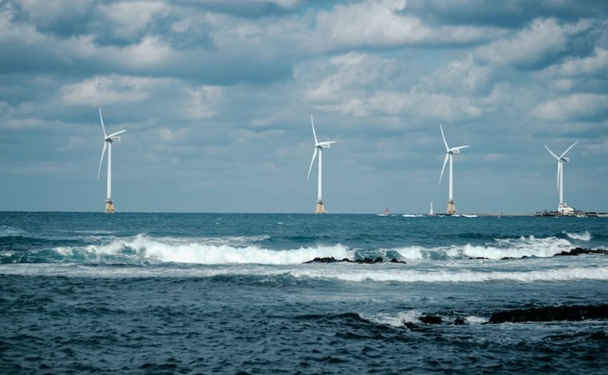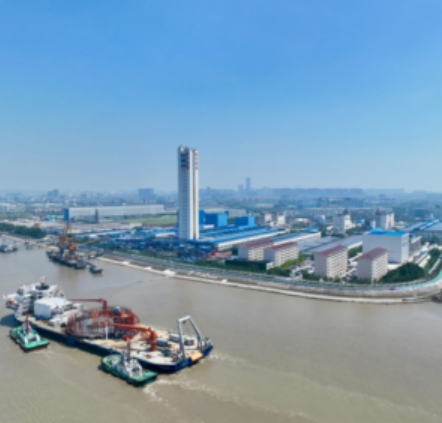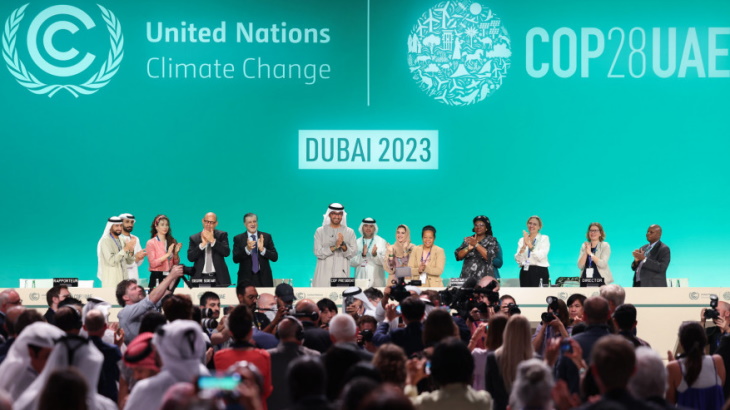
The text of the agreement says that the parties recognise that limiting global warming to 1.5°C "with no or limited overshoot requires deep, rapid and sustained reductions in global greenhouse gas emissions of 43% by 2030 and 60% by 2035 relative to the 2019 level and reaching net-zero carbon dioxide emissions by 2050".
The agreement calls on parties to "contribute to global efforts, in a nationally determined manner, taking into account the Paris Agreement and their different national circumstances, pathways and approaches".
It calls for a transitioning away from fossil fuels in energy systems, "in a just, orderly and equitable manner, accelerating action in this critical decade, so as to achieve net-zero by 2050 in keeping with the science". In addition, it says there should be an acceleration in zero and low-emission technologies, "including, inter alia, renewables, nuclear, abatement and removal technologies such as carbon capture and utilisation and storage, particularly in hard-to-abate sectors, and low-carbon hydrogen production".
Transitional fuels can play a role in facilitating the energy transition while ensuring energy security, the agreement notes.
UN Climate Change said the agreement "signals the beginning of the end of the fossil fuel era by laying the ground for a swift, just and equitable transition, underpinned by deep emissions cuts and scaled-up finance".
"Whilst we didn't turn the page on the fossil fuel era in Dubai, this outcome is the beginning of the end," said UN Climate Change Executive Secretary Simon Stiell in his closing speech. "Now all governments and businesses need to turn these pledges into real-economy outcomes, without delay."
World Nuclear Association said this was the first time nuclear energy has been formally specified as one of the solutions to climate change in a COP agreement.
"This marks a 180° turn-around in the treatment of nuclear energy in the COP process, from the lone technology excluded from the Kyoto Protocol mechanisms to COP28's inclusion among a range of zero and low-emissions technologies," said World Nuclear Association Director General Sama Bilbao y León.
During COP28, 24 countries backed a Ministerial Declaration calling for the tripling of global nuclear energy capacity by 2050. The heads of state, or senior officials, from Bulgaria, Canada, the Czech Republic, Finland, France, Ghana, Hungary, Japan, South Korea, Moldova, Mongolia, Morocco, the Netherlands, Poland, Romania, Slovakia, Slovenia, Sweden, Ukraine, the UAE, the UK and the USA signed the declaration on 2 December, with Armenia and Croatia also signing up during the summit.
The declaration says the countries recognise the need for a tripling of nuclear energy capacity to achieve "global net-zero greenhouse gas/carbon neutrality by or around mid-century and in keeping a 1.5°C limit on temperature rise within reach". It also recognises that "new nuclear technologies could occupy a small land footprint and can be sited where needed, partner well with renewable energy sources and have additional flexibilities that support decarbonisation beyond the power sector, including hard-to-abate industrial sectors".
The Net Zero Nuclear Industry Pledge, which commits to a goal of at least tripling nuclear capacity by 2050, was unveiled at an event at COP28 three days later. The companies signing up to the pledge operate in more than 140 countries and have committed to supporting the same large-scale expansion of nuclear energy as the governments who backed the Ministerial Declaration with a similar 2050 goal.
"We established the Net Zero Nuclear initiative this year to give the global nuclear industry a more visible presence at COP, uniting pragmatic action from governments, industry and civil society," Bilbao y León said. "With governments agreeing that nuclear energy is part of the solution, and with the coalition of ambitious governments setting a clear tripling goal for nuclear capacity, it is now time to move on from pledges and goals to delivering the rapid acceleration in global nuclear capacity needed to achieve net-zero."
